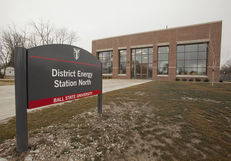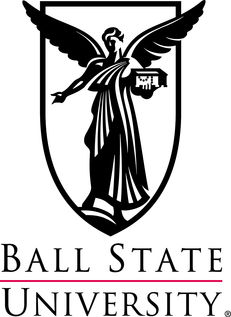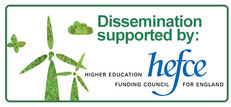From the ground-up: a whole-systems approach to institutional change
Ball State University’s Council on the Environment (COTE) represents the many Vice-Presidents, Deanships, constituent interest groups, students, community members and K-12 education stakeholders in the University’s laboratory school and serves as a clearing-house for sustainability initiatives campus-wide.
The University advocates for engagement by the full-breadth of the institution in green, sustainable and generative understandings of the social, economic and environmental complexities of sustainability; it offers the forthright reporting of its performance metrics through AASHE, STARS, ACUPCC and the Global Reporting Initiative (GRI) protocols.
The University has trained well over 1/4 of its faculty in ways to bring sustainability-related education into its current and anticipated teaching, having supported numerous student clubs and interest groups in its promotion of sustainability activities on campus. This includes residence hall and academic-building energy conservation and water reduction competitions, and it has supported well over 100 respective administrative units throughout the campus in the development of their individualised sustainability strategic plans.
Top 3 learnings
1 Success requires involvement of the entire university constituency
2 The university can/must function as a living laboratory
3 The near-surround community is an integral element.
Videos








 Except where otherwise stated, content on this site is
licensed under a Creative Commons Attribution 3.0 License.
Except where otherwise stated, content on this site is
licensed under a Creative Commons Attribution 3.0 License.
